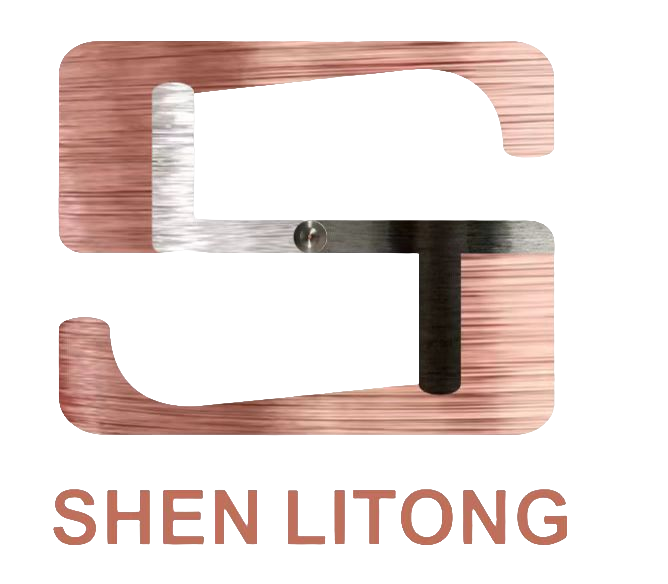What is SOLID STRANDING DIES: Exploring the Backbone of Cable Manufacturing
SOLID STRANDING DIES
What is SOLID STRANDING DIES
In the world of cable manufacturing, precision and efficiency are paramount. Among the many components that contribute to the process, SOLID STRANDING DIES stand out as crucial elements. But what exactly are SOLID STRANDING DIES, and why are they so essential?
SOLID STRANDING DIES refer to specialized tools used in the production of cables and wires. These dies play a fundamental role in the stranding process, where individual wires or strands are twisted together to form a single cable. The term "solid" denotes the robust construction of these dies, which are typically made from hardened steel or other durable materials to withstand the rigors of industrial use.
The stranding process itself is vital for enhancing the mechanical properties of cables, including flexibility, strength, and resistance to fatigue. SOLID STRANDING DIES ensure uniformity and precision in the arrangement of wires, contributing to the overall quality and performance of the final product.
One of the key advantages of SOLID STRANDING DIES lies in their ability to accommodate various wire gauges and configurations. Manufacturers can customize the design of the dies according to specific requirements, such as the diameter and composition of the cable being produced. This flexibility allows for the production of a wide range of cables for different applications, from telecommunications and power distribution to automotive and aerospace industries.
Moreover, SOLID STRANDING DIES are engineered to optimize production efficiency. By facilitating smooth and consistent wire stranding, these dies help minimize downtime and maximize output in cable manufacturing operations. Their precision design ensures minimal material wastage and reduces the need for costly rework, contributing to overall cost-effectiveness and competitiveness in the industry.
In addition to their technical significance, SOLID STRANDING DIES play a crucial role in innovation and advancement within the cable manufacturing sector. Continuous research and development efforts aim to enhance the design and performance of these dies, incorporating advanced materials and technologies to meet evolving industry standards and customer demands.
In conclusion, SOLID STRANDING DIES are the unsung heroes of cable manufacturing, providing the backbone for the production of high-quality cables and wires. Their precision, versatility, and efficiency make them indispensable tools in the industry, driving innovation and ensuring the reliable supply of essential products for various applications. As technology continues to evolve, SOLID STRANDING DIES will remain at the forefront of advancements, shaping the future of cable manufacturing worldwide.
 English
English Español
Español Português
Português русский
русский français
français 日本語
日本語 Deutsch
Deutsch Tiếng Việt
Tiếng Việt Nederlands
Nederlands ไทย
ไทย Polski
Polski 한국어
한국어 Svenska
Svenska magyar
magyar Malay
Malay বাংলা
বাংলা Dansk
Dansk Suomi
Suomi हिन्दी
हिन्दी Pilipino
Pilipino Türk
Türk Gaeilge
Gaeilge عربى
عربى Indonesia
Indonesia norsk
norsk čeština
čeština Ελληνικά
Ελληνικά Українська
Українська नेपाली
नेपाली Burmese
Burmese български
български ລາວ
ລາວ Latine
Latine slovenský
slovenský Lietuvos
Lietuvos

Changzhou Shen Litong Mould invites you to visit the exhibition
From August 27th to 29th, 2025, at SHANGHAI NEW INTERNATIONAL EXPO CENTRE,the 12th China International Wire&Cable Industry Exhibition (Hall E1, G21), Shen Litong Dies sincerely invites you to visit, exchange and offer guidance, and jointly explore new developments in the industry.
Read MoreOptimizing Your Wire Drawing Process: Selecting the Ideal Die Configuration for Material & Application
The wire drawing process is a critical metal forming operation that reduces the cross-section of wire by pulling it through a series of progressively smaller dies.
Read MoreCommon Wire Surface Defects: Causes and Die-Related Solutions
Abrasions or Built-up Edges (BUE): Accumulation of wire material (e.g., copper, aluminum) on the die surface, which then scratches subsequent wire.
Read More